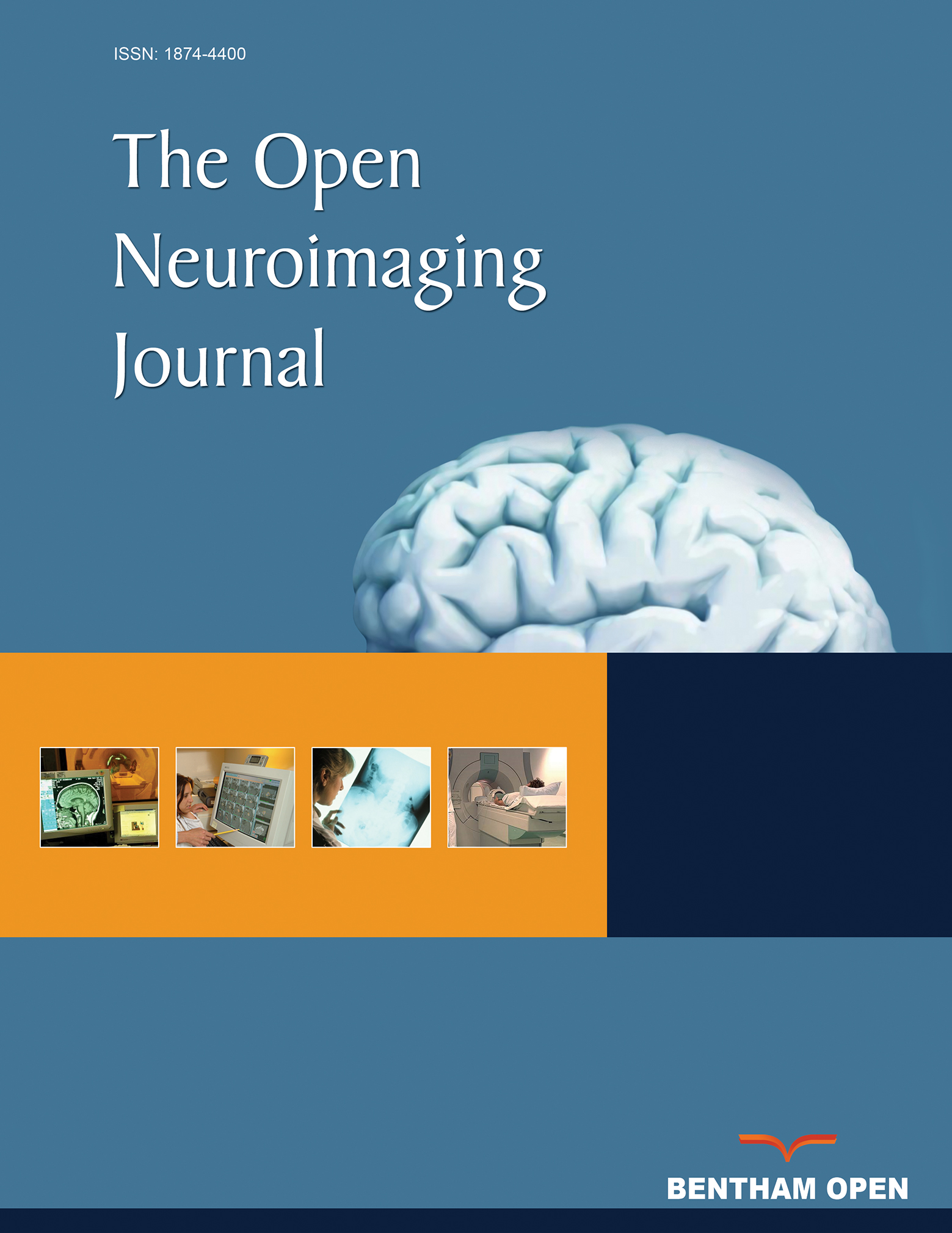All published articles of this journal are available on ScienceDirect.
Linguistic Effects on the Neural Basis of Theory of Mind
Abstract
“Theory of mind” (ToM) has been described as the ability to attribute and understand other people’s desires and intentions as distinct from one’s own. There has been a debate about the extent to which language influences ToM development. Although very few studies directly examined linguistic influence on the neural basis of ToM, results from these studies indicate at least moderate influence of language on ToM. In this review both behavioral and neurological studies that examined the relationship between language and ToM are selectively discussed. This review focuses on cross-linguistic / cultural studies (especially Japanese vs. American / English) since my colleagues and I found evidence of significant linguistic influence on the neural basis of ToM through a series of functional brain imaging experiments. Evidence from both behavioral and neurological studies of ToM (including ours) suggests that the pragmatic (not the constitutive) aspects of language influence ToM understanding more significantly.


